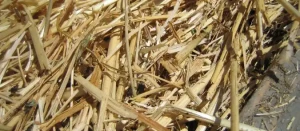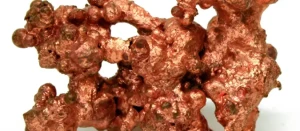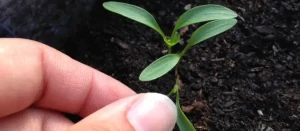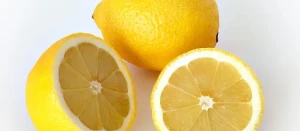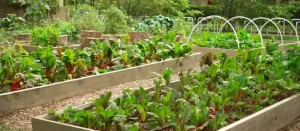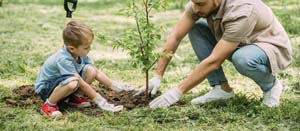SEARCH RESULTS > ARTICLES > steps
The no-dig method, also known as no-till gardening, is a sustainable and organic approach to cultivating vegetables without disturbing the soil structure. This gardening technique has gained popularity among gardeners due to its numerous benefits for soil health, plant growth, and overall garden productivity. Unlike traditional gardening methods that involve tilling, digging, and turning the soil, the no-dig method emphasizes minimal soil disturbance. Instead of breaking up the soil, gardeners layer organic materials on top of the ground to create nutrient-rich soil beds where plants can thrive. By implementing the no-dig method, gardeners can improve soil structure, enhance soil fertility, and promote beneficial soil organisms such as earthworms and microorganisms. Additionally, this approach helps to conserve water, reduce weed growth, and minimize soil erosion. Learn More
Electroculture gardening, an age-old practice gaining renewed attention, involves the application of electrical stimulation to enhance plant growth, health, and productivity. This innovative technique harnesses the power of electrical fields to optimize soil conditions and promote vibrant, resilient plants. Learn More
Starting seeds indoors is a rewarding way to kickstart your spring garden. By sowing seeds indoors, you gain greater control over the germination process, extend your growing season, and ensure stronger, healthier plants when it's time to transplant them outdoors. Whether you're a seasoned gardener or just starting out, this comprehensive guide will walk you through the steps to successfully start seeds indoors and set the stage for a bountiful garden. Learn More
Benefits of Worms in Soil. Worms are invaluable to gardeners for various reasons. They enhance soil structure, increase nutrient availability, and promote microbial activity. One of their lesser-known benefits is their role in regulating soil pH. Learn More
Cover crops are an essential aspect of sustainable gardening. These crops, also known as green manure, are planted primarily to improve soil health, enhance fertility, control weeds, and prevent erosion. Learn More
If the chill of winter begins to wane and the first signs of spring emerge, gardeners eagerly anticipate the opportunity to revitalize their garden beds. Transitioning from winter to spring requires careful attention to cleaning and preparing garden beds to ensure a successful growing season ahead. Learn More
Gardening enthusiasts are increasingly turning to sustainable and environmentally-friendly practices, and one such method gaining popularity is no-till gardening. No-till gardening is a technique that eliminates or minimizes soil disturbance, promoting healthier soil and more robust plant growth. In this comprehensive guide, we will explore the principles and techniques of creating a successful no-till garden. Learn More
Planting a tree is a rewarding and beneficial activity for both the environment and your landscape. However, it's crucial to follow the right steps to ensure the tree establishes itself and thrives. In this guide, we will walk you through the essential steps to plant a tree the right way, from selecting the right species to post-planting care. Learn More
